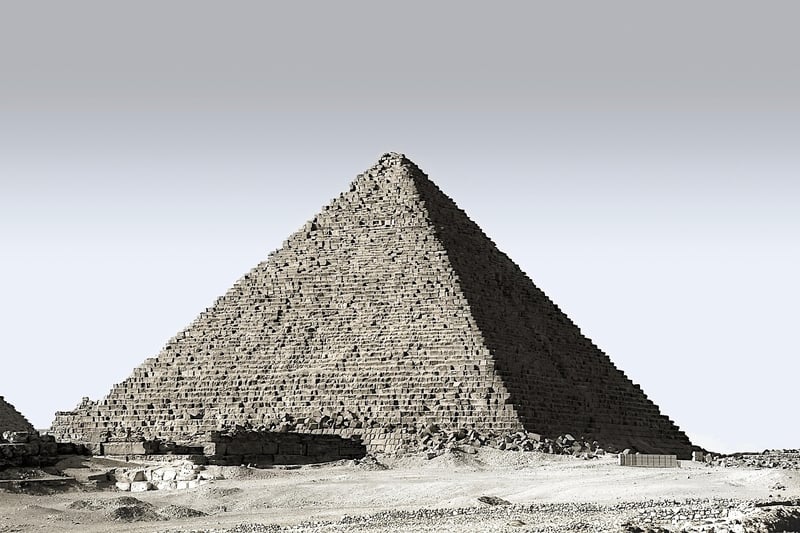Future Exploration
Exploring Different Eras + Future Exploration
Introduction
Exploring various historical eras can provide valuable insights into the past, helping us understand how societies, cultures, and technologies have evolved over time. Additionally, looking towards future exploration opens up endless possibilities for advancements in science, technology, and our understanding of the universe.
Ancient Era
The ancient era, spanning from the dawn of human civilization to the fall of the Roman Empire, is a period rich in history and cultural achievements. From the construction of the pyramids in Egypt to the development of writing systems in Mesopotamia, this era laid the foundation for many aspects of modern society.

Medieval Era
The medieval era, characterized by knights, castles, and feudalism, saw significant advancements in art, architecture, and trade. The rise of powerful empires such as the Byzantine Empire and the Islamic Caliphates shaped the political landscape of the time.

Industrial Era
The industrial era marked a period of rapid industrialization, urbanization, and technological advancement. The invention of steam engines, the spread of factories, and the rise of capitalism transformed economies and societies around the world.

Future Exploration
Looking ahead, future exploration holds the promise of exciting discoveries in space, technology, and the environment. With ongoing missions to Mars, advancements in artificial intelligence, and efforts to combat climate change, the future is full of possibilities.

Conclusion
Exploring different eras allows us to learn from the past and appreciate the progress we have made as a society. By focusing on future exploration, we can continue to push the boundaries of knowledge and innovation, shaping a better world for generations to come.
